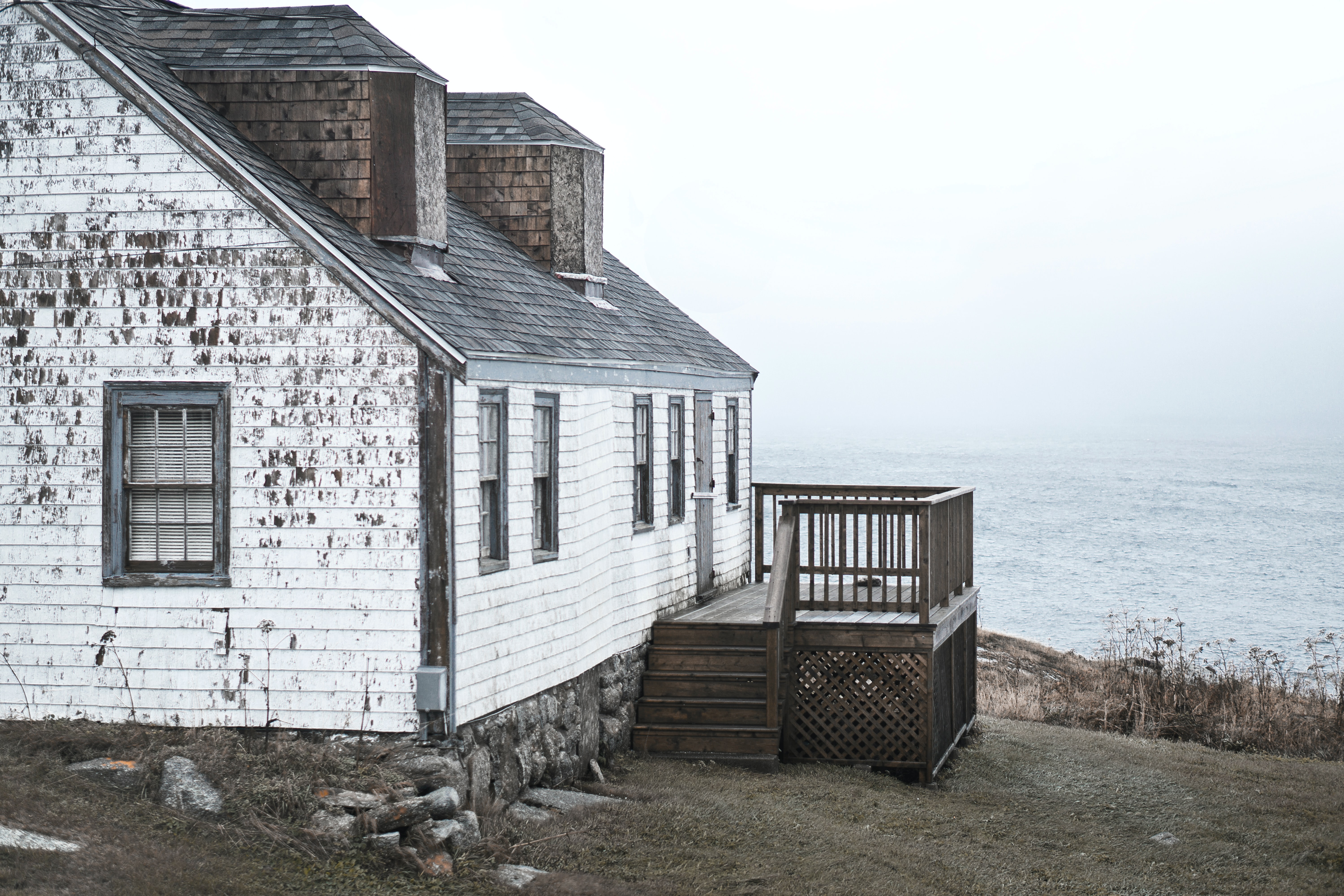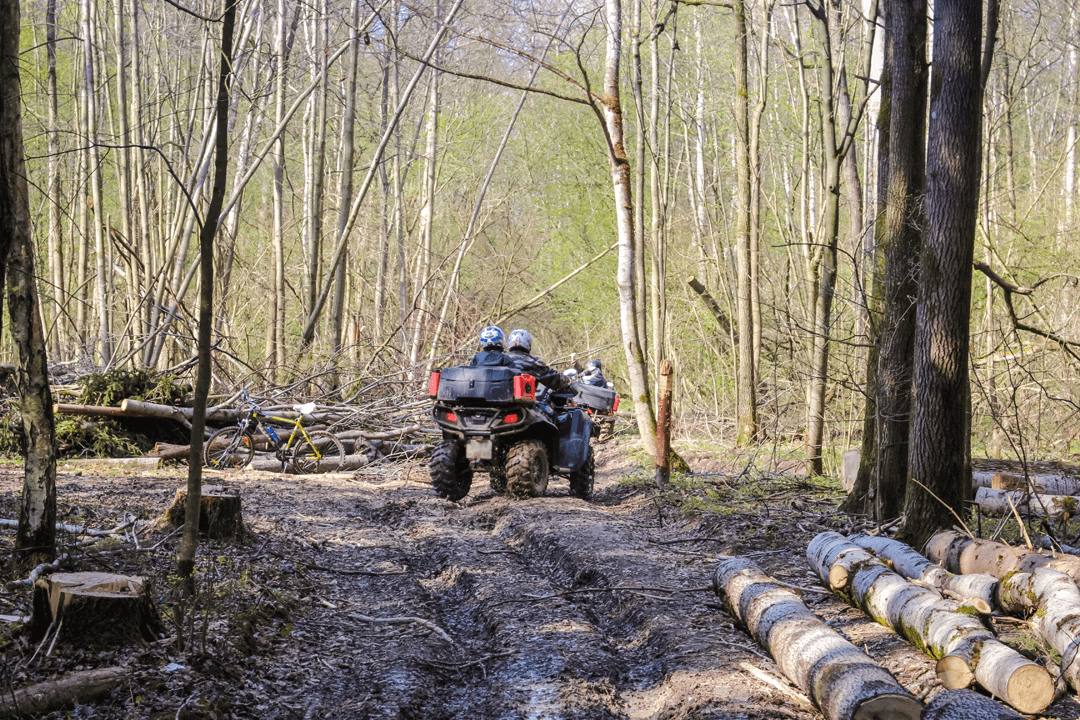
If you haven’t already winterized your cottage, now is the time. Our friends at economical shared these 10 tasks you can check off your list as you prepare to leave your home-away-from-home for the winter months:
- Inspect your septic tank. If your cottage has a septic system, follow the manufacturer’s service recommendations and timelines. Call a professional for regular inspections and to make sure it’s functioning properly before you close for the season.
- Keep the sump pump pumping. If your cottage has a sump pump, make sure it stays on and in good working order all winter long, or you could experience flooding in the spring.
- Drain your pipes, turn off your water supply and empty all water containers to prevent them from freezing (and possibly bursting).
- Clean your gutters. Clogged gutters can cause water to back up under your shingles, leading to a leaky roof. Once all of the leaves have fallen off the nearby trees, clean out your gutters so rain and melting snow can flow free.
- Take a look at your roof. Snow buildup over the winter can cause roofs to leak or even cave in, so replace broken or missing shingles before the winter weather sets in.
- Keep pesky pests outdoors. Check for openings small animals can squeeze through to make their way into your cottage. If you have a chimney, use a chimney cap or cover to stop unwanted visitors from getting in. Don’t let your cottage become a host to a family of raccoons, mice or other critters. Before you close up for the season, check where animals could possibly get in and block them off. If you have a chimney, use a cap to help prevent animals from entering the cottage, because the majority of companies DO NOT cover any damages done by vermin.
- Unplug major appliances. While it might not be a good idea to turn off your entire power supply (this could cause your sump pump, exterior lighting, and alarm system to stop working), unplugging larger appliances or turning off the power to these appliances can help prevent electrical fires and other issues.
- Turn the heating down (or off). If your cottage has a furnace, consider setting the thermostat to around 10°C to prevent frost build-up, or turn it off entirely to save energy — but only if you’ve properly prepared your pipes to prevent freezing. If you opt for the latter, be sure to turn the gas off, too. If you use space heaters, turn off their power supply on your electrical panel.
- Get rid of fire hazards. Pack up and remove loose paper products (like books and newspapers), old rags, chemicals, and other items that could easily catch or spread fire.
- Clean out the fridge and cupboards. Food can attract insects and animals. When you’re ready to call it a season, pack up all food (even dry and canned goods) and take it home with you.
Before you close up and drive away for the season, make sure you check your insurance policy or talk to your broker, as your insurance company may require you to take other precautions to ensure you're fully covered in case of theft and other damage.


 ;
;
 ;
;
 ;
;
 ;
;
 ;
;
 ;
;
 ;
;


